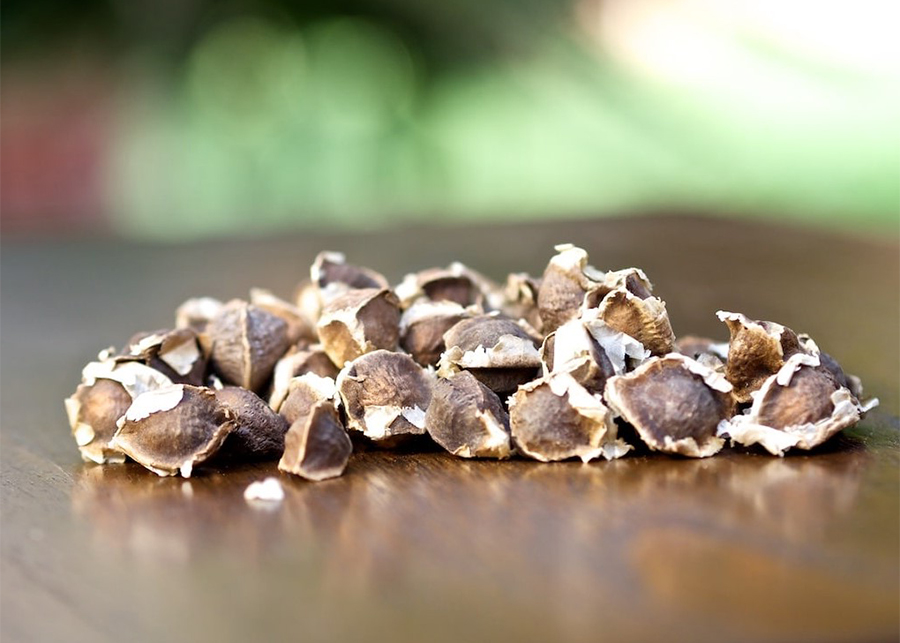Saunas are great for a lot of reasons. One thing that people enjoy is the ability to relax in a cozy room and just take their mind off things for a while. It’s also a great way to get a break from work, as most offices have them available for employees who want to use them. People have been enjoying the health benefits of saunas for centuries, and there are now several benefits you may not have known about before. Let’s take a look at what saunas can do!
Many people enjoy a trip to the sauna. Not only is it great for decompression, but it also helps reduce stress and improve your immune system. Whether you want to take a break from work or just relax with a loved one, a sauna can help you feel better. While the sauna itself can make you feel wonderful, it is best to avoid drinking alcohol and stay hydrated while you’re in the room. Read on to learn the benefits of saunas.

Reduces stress
One of the biggest health benefits of using a sauna is a reduction of stress. The heat of a sauna reduces the production of the hormone cortisol, which regulates the body’s processes, immune response, and metabolism. In addition to regulating your emotions, cortisol also helps your body react to stressful events. It is the normal human reaction to experiencing changes. In addition to reducing stress, saunas improve concentration and blood flow to the brain.
Increases blood flow to muscles
Increasing the temperature of the body before and after exercise may increase blood flow to muscles. Studies have shown that saunas are effective in increasing muscle blood flow.
Increasing skin temperature increases blood flow to muscles while the core temperature stays the same. In addition, the sauna warms up the muscles, both general and the targeted muscles. This may help prevent muscle soreness after strenuous exercise. And since the skin temperature increases, so does muscle relaxation.
Reduces symptoms of chronic fatigue syndrome
There is no single test for chronic fatigue syndrome, and doctors typically order a series of tests to rule out other illnesses. Treatment for the condition is focused on improving symptoms and helping people feel better. Fatigue is often a symptom of various illnesses, from infections to psychological disorders. If you notice excessive fatigue or are unable to do normal activities, visit a doctor. There are several effective treatments for chronic fatigue syndrome. These include a variety of medications and diet changes.

Improves immune function
A study published in the Journal of Human Kinetics examined whether regular sauna use improves immune function. The study involved two groups of healthy men, one of whom was a non-athlete and the other, an elite middle-distance runner. The men were immersed in a traditional Finnish sauna for 30 minutes and then were required to take a brief room-temperature shower. Blood samples were collected from both groups to test the effects of sauna bathing on white blood cell counts.
Reduces risk of cardiovascular disease
Several studies have shown that drinking green tea may reduce your risk of cardiovascular
disease. Green tea contains bioactive compounds known as flavonoids, which have anti- inflammatory properties, and may enhance endothelial and cardiomyocyte function.
Consumption of tea has been linked to reduced cardiovascular disease and all-cause mortality risks, according to a study conducted at the Peking Union Medical College, Chinese Academy of Medical Sciences. The researchers looked at the associations between tea consumption and cardiovascular disease morbidity and mortality, as well as overall mortality among Chinese adults.
F.A.Q
What does a sauna do for the body?
Sauna bathing helps to reduce inflammation, which occurs as a result of intense cardiovascular workouts and strenuous endurance training. The cardiovascular system is the primary detoxifier of the body; in fact, all of your cells take their marching orders from the cardiovascular system. Sauna bathing stimulates an increase in the number, size, and activity of sweat glands and circulation to eliminate toxins, viruses, fungi, bacteria, parasites, chemicals, heavy metals, excess acids, and other wastes through perspiration.



